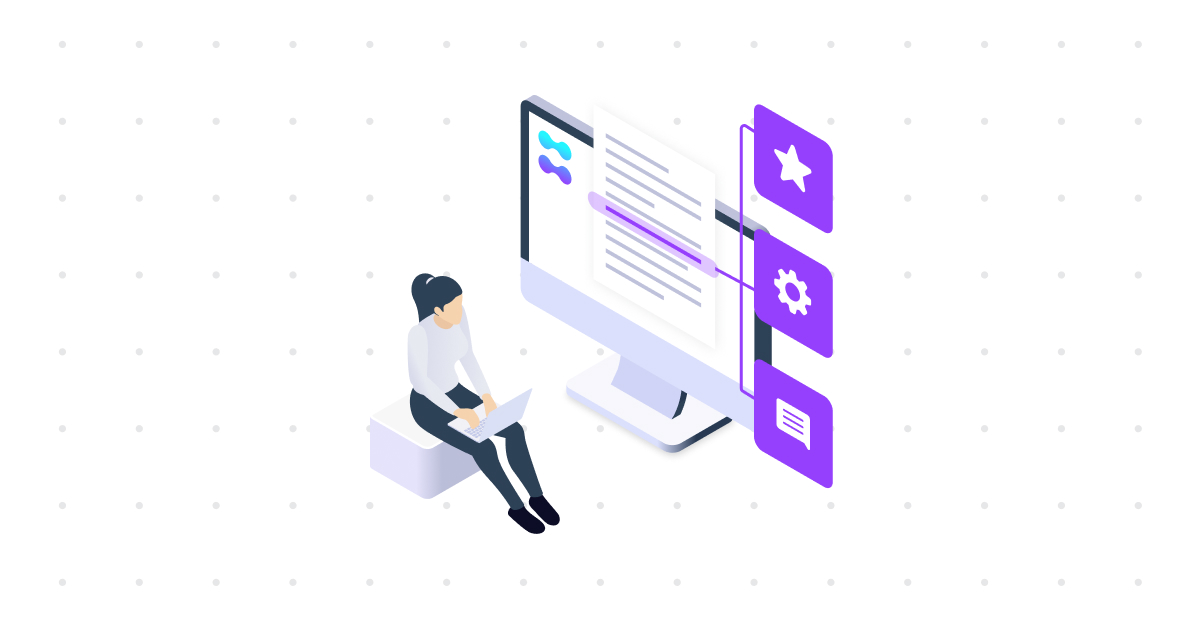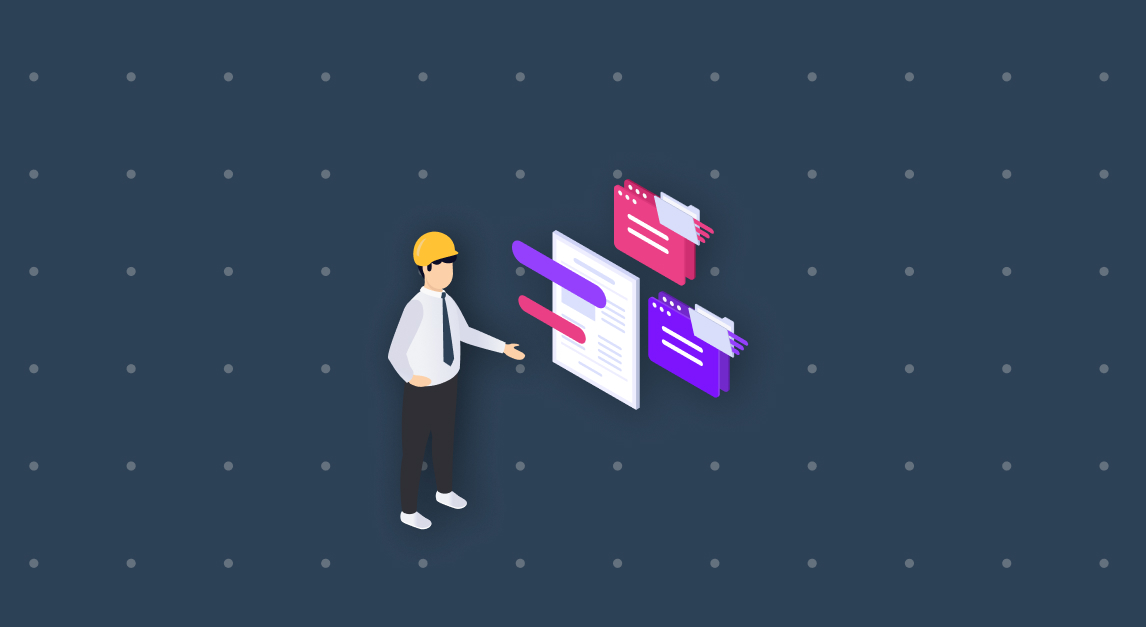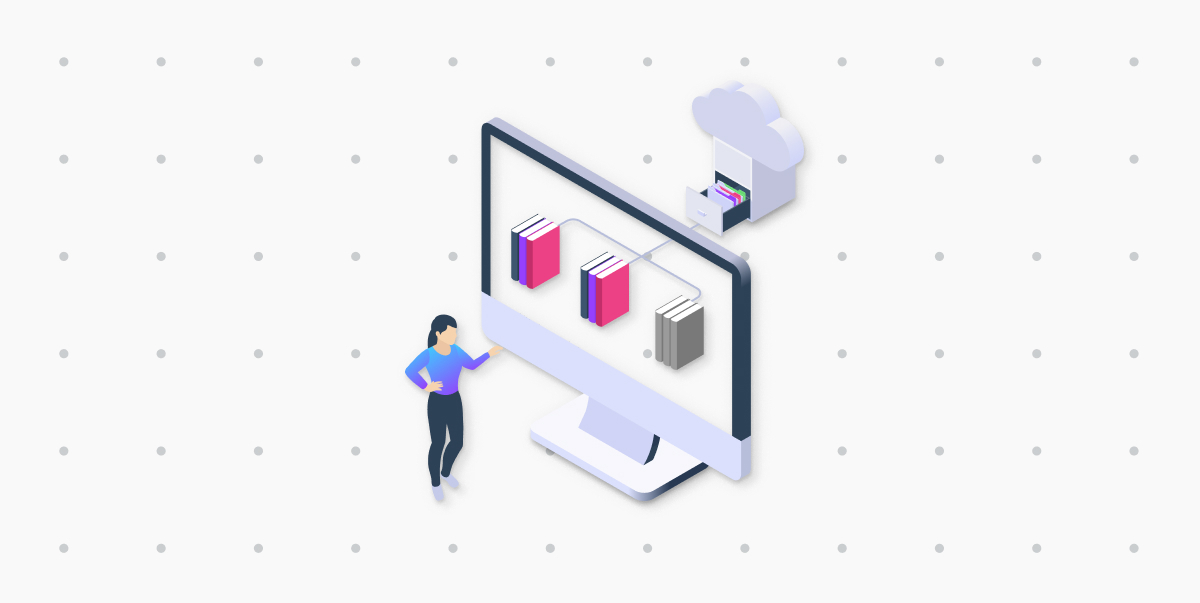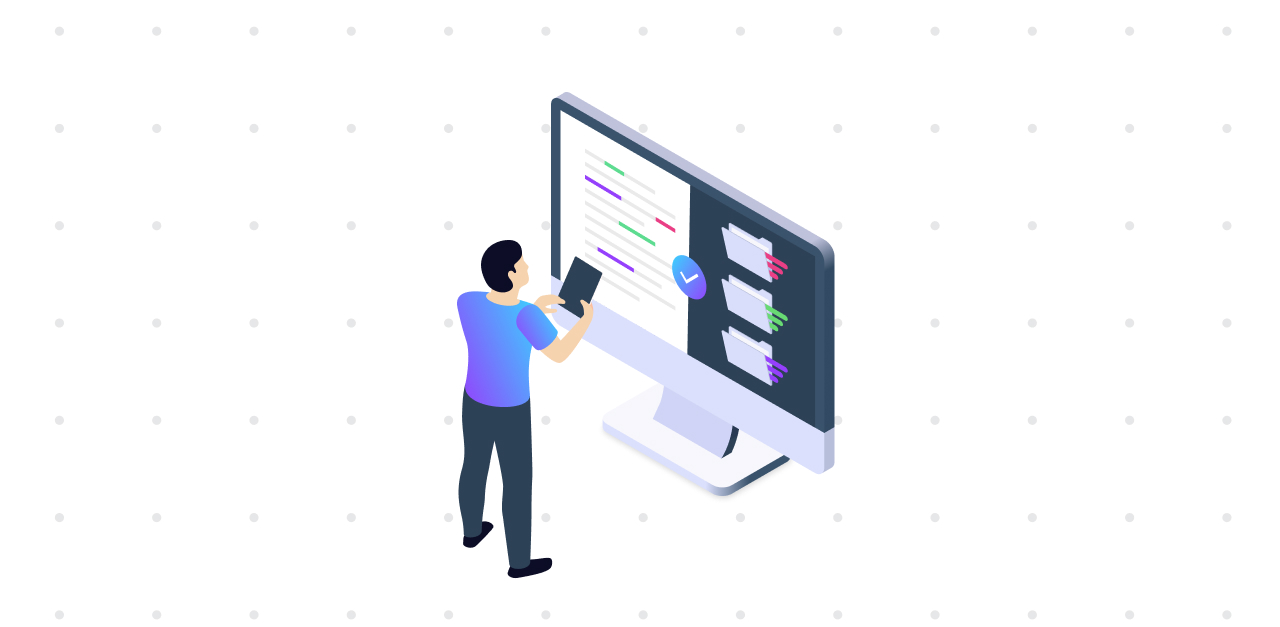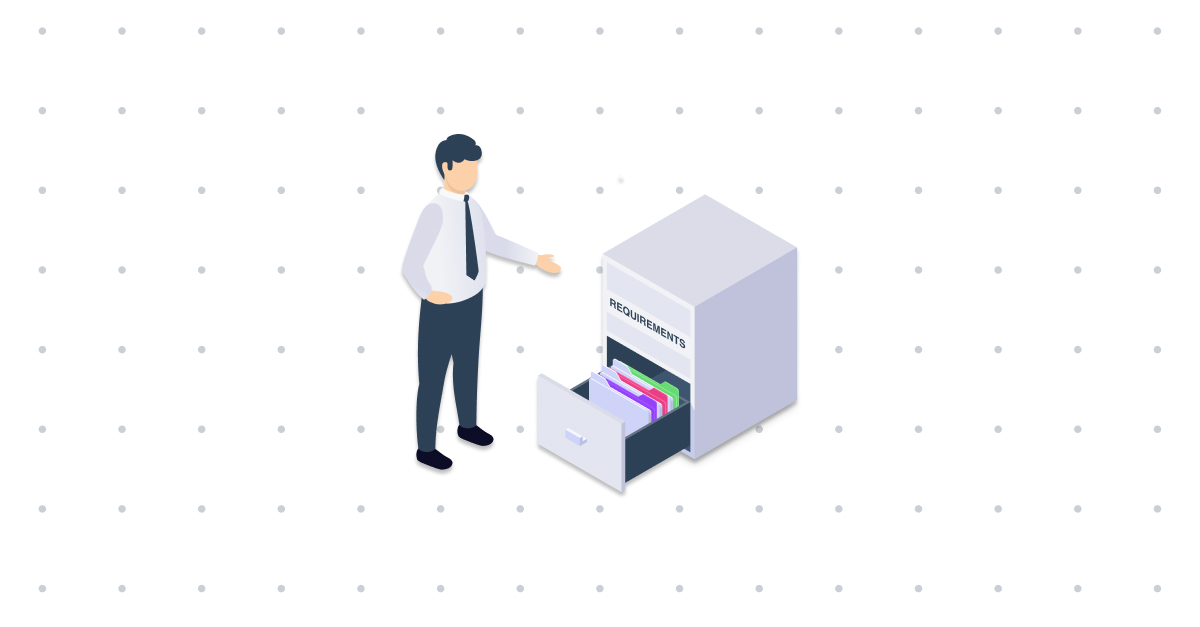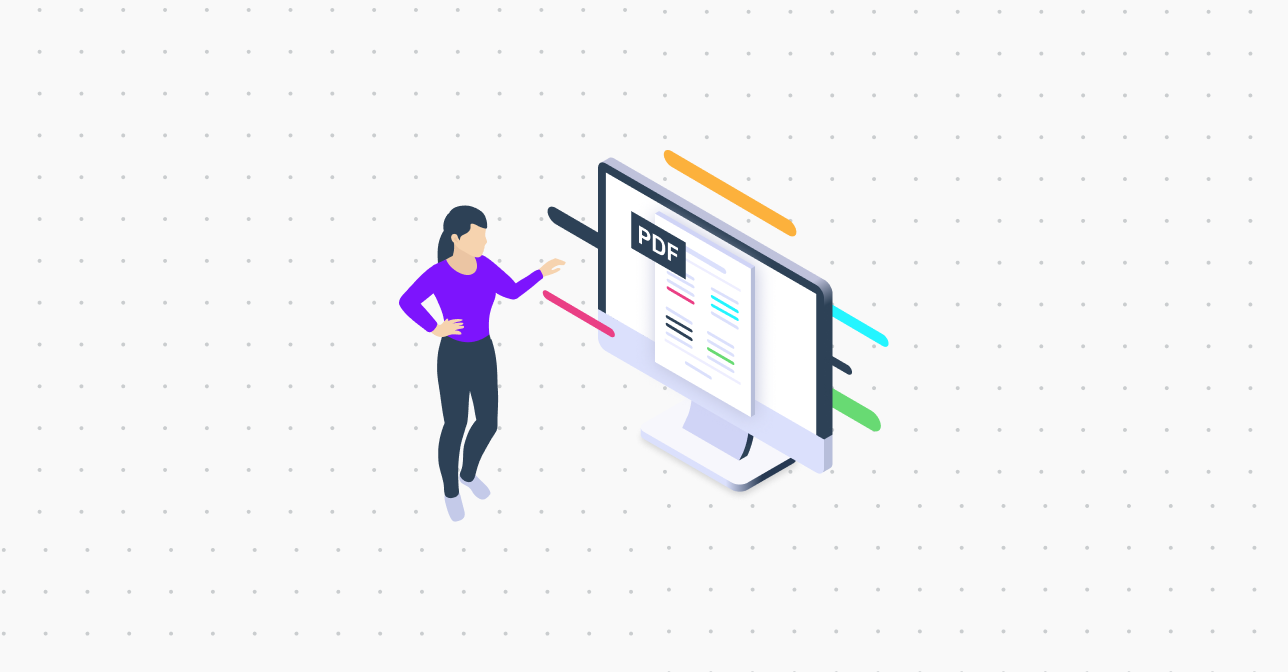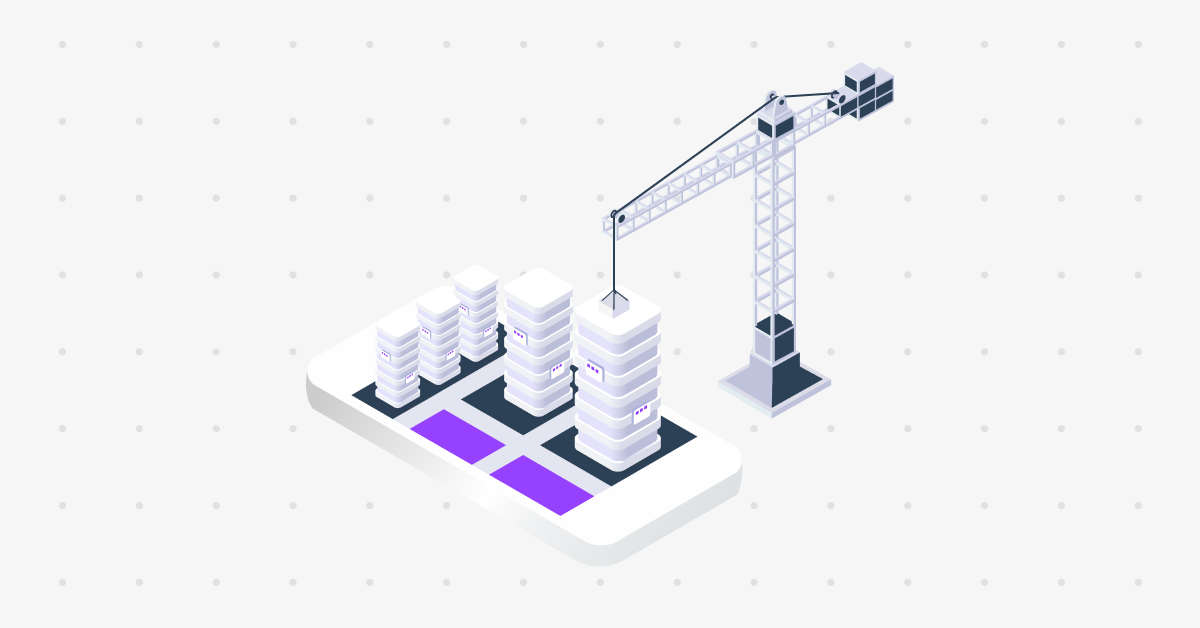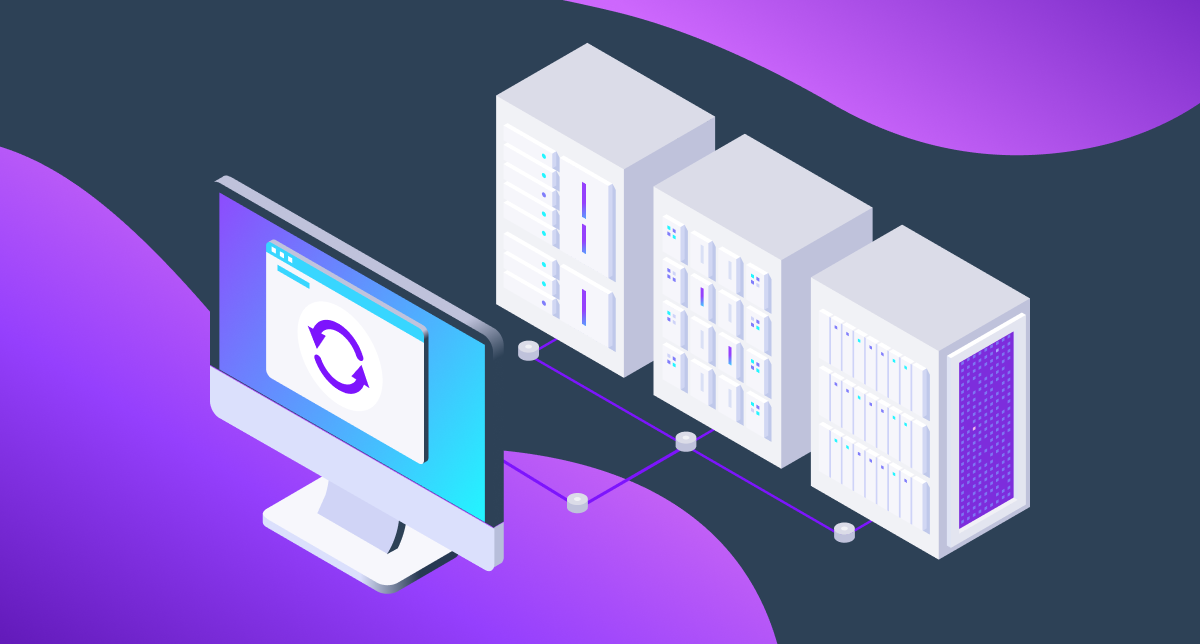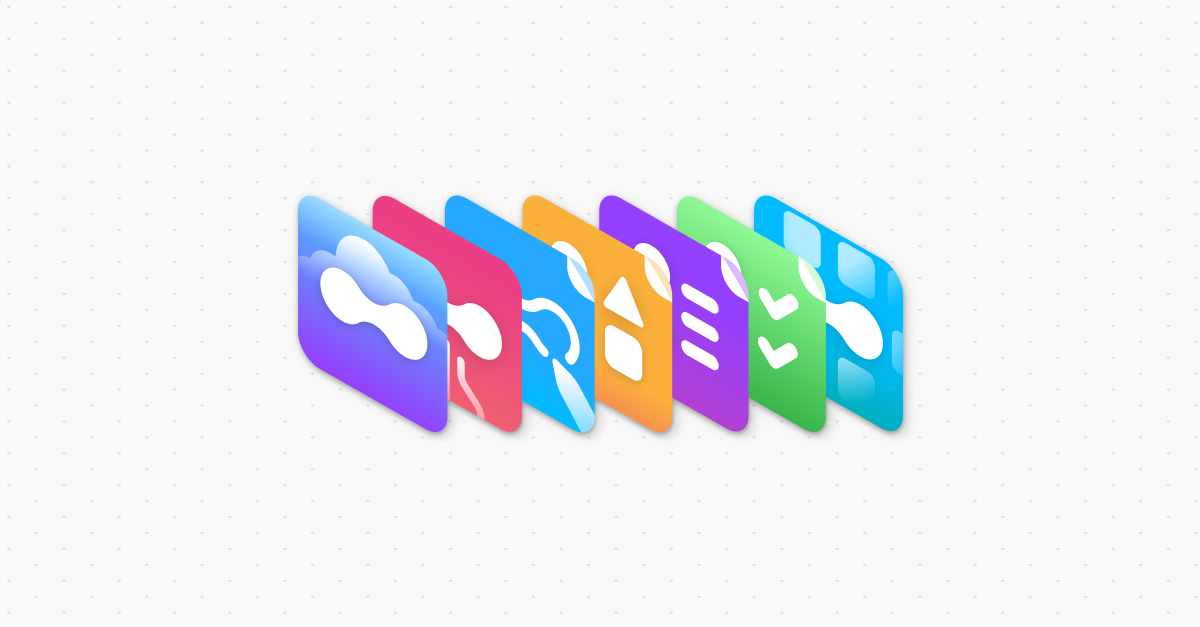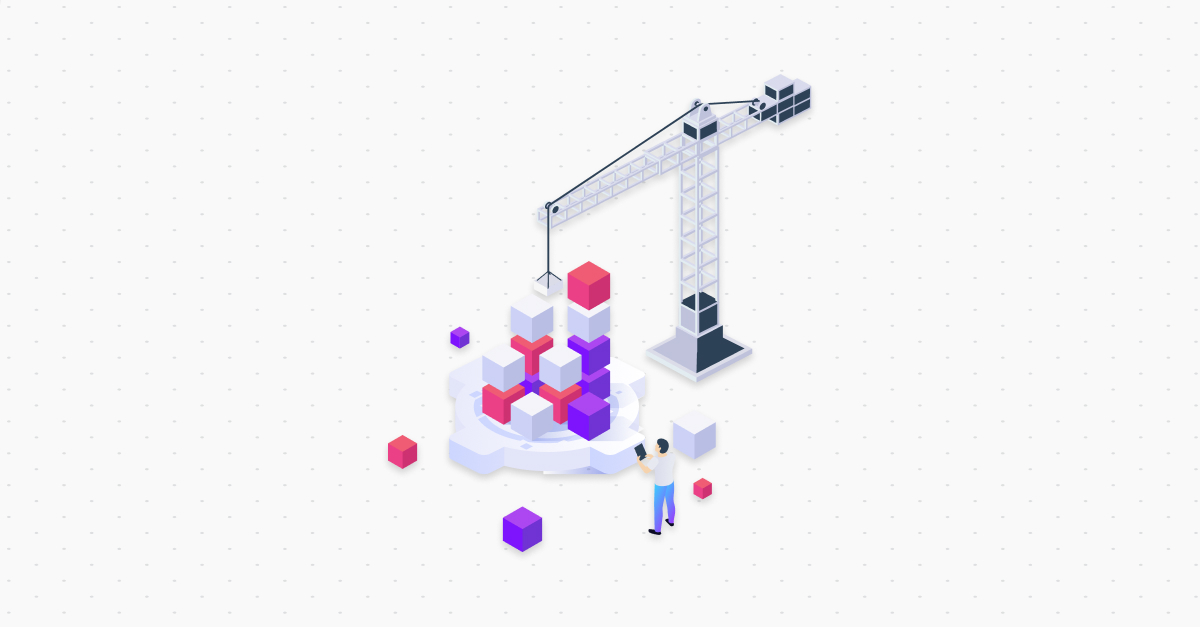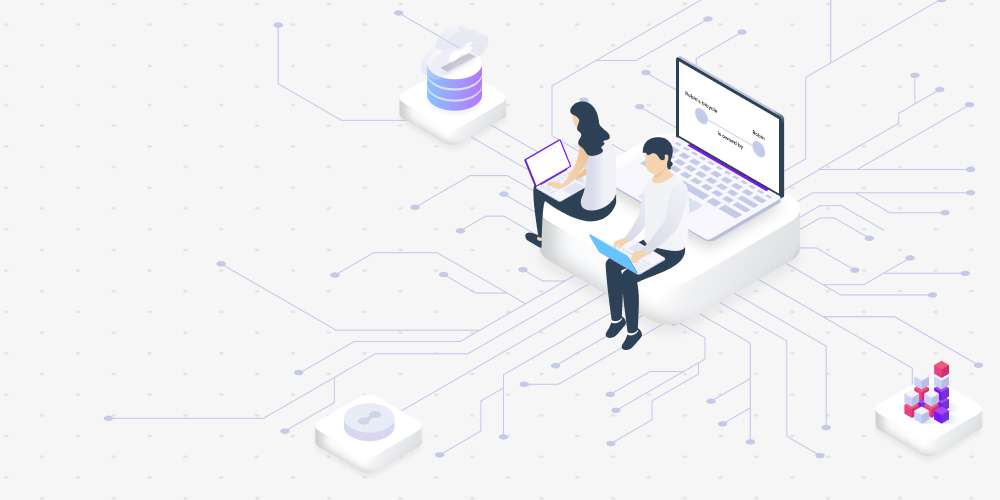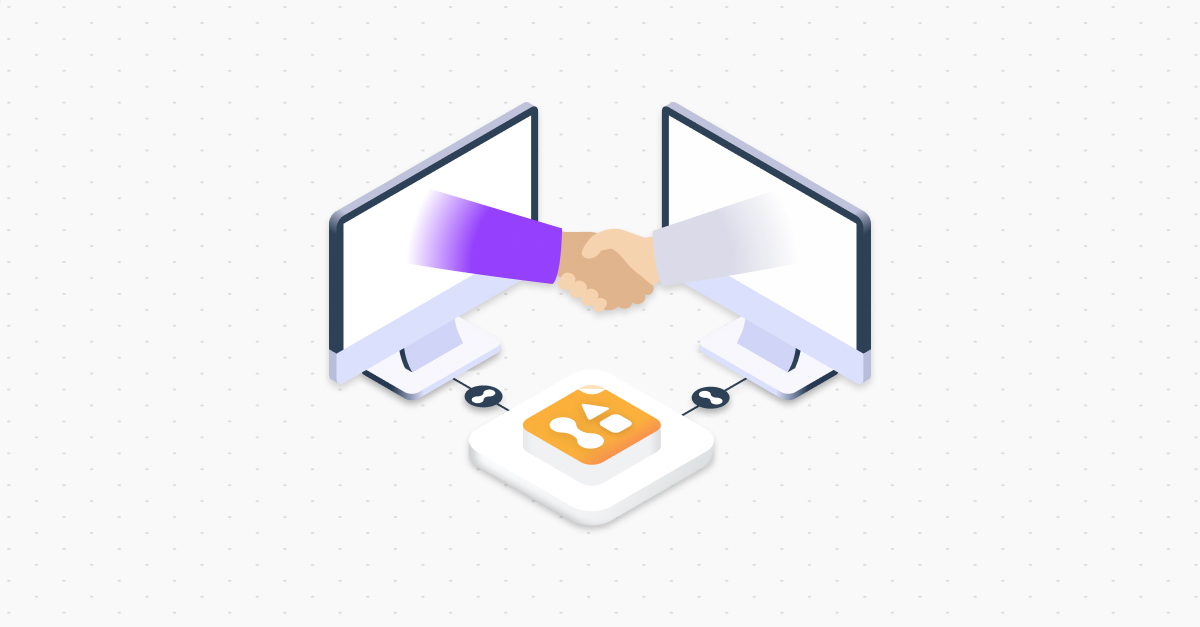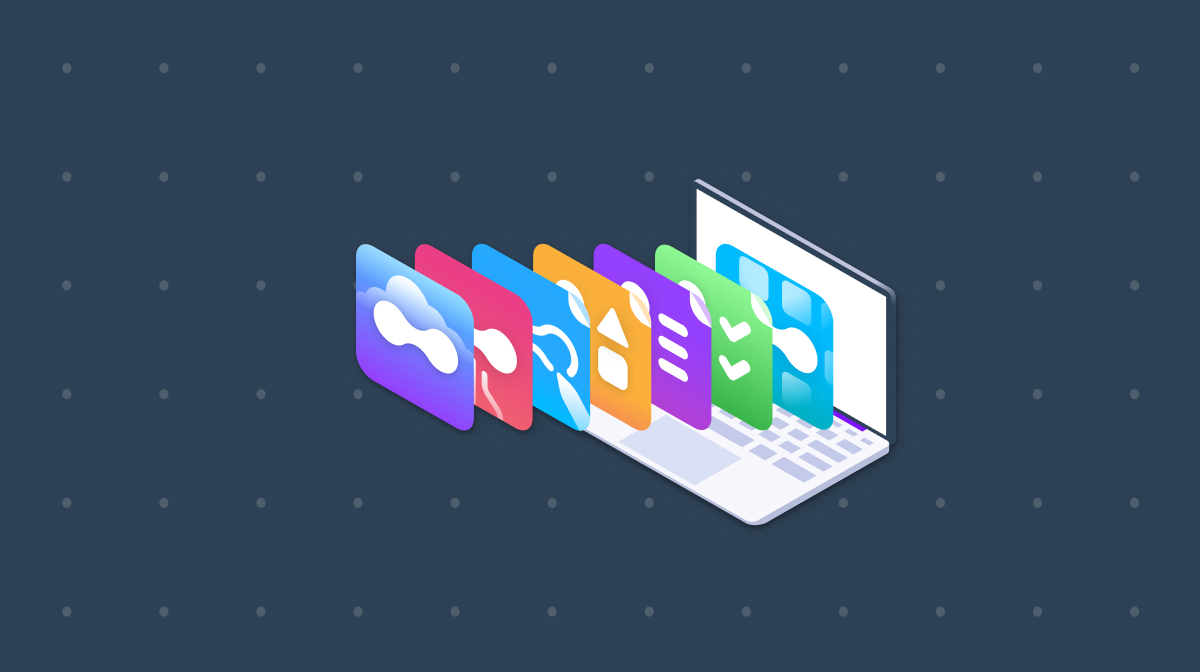Library
Extracting Specifications from Documents: Manual vs. NLP-Based Extraction
Extracting, interpreting, and applying specifications from technical documents, like standards, contracts, or regulations, is often a necessary but painstaking part of project or product management. Traditionally, this has been done manually, but recent advances in Natural Language Processing (NLP) have opened up new, intelligent alternatives. In this blog, we’ll explore the differences between manual and […]
ReadWhat is the difference between Ontologies and Object Type Libraries (OTLs)
In today’s data-rich environments, organizations face growing pressure to improve their information management and data exchange. Two essential concepts that support this are Ontologies and Object Type Libraries (OTLs). Both are foundational to structuring and standardizing data. While they have different emphases, they are not opposites. Instead, they often work hand-in-hand. Understanding their roles and […]
ReadWhat’s Inside an Object Type Library? Understanding OTL Contents and Scope
When you first hear the term Object Type Library (OTL), it might sound like a technical catalog or something buried deep in the domain of data specialists. But a well-defined OTL can make life easier for everyone who works with data, especially those designing, building, or maintaining complex systems. From engineers and asset managers to […]
ReadHow to Extract Specifications From Documents and Get Them Into Any Requirements Management App?
Traditionally, organizations have relied on document-based specifications stored in Word files, PDFs, or spreadsheets. While this approach offers flexibility and human-readability, it also introduces inconsistencies, outdated information, and inefficiencies. It’s time for a change. Our experts have created a white paper that discusses moving from document-based to model-based specifications while also providing practical tips on extracting specifications from […]
ReadPresentation Laces Standards Manager
Understand the capabilities of our Laces Standards Manager in just a few minutes. This video walks you through the features and benefits of the all-in-one solution for managing standards. Key Learnings: Watch our presentation: Are you ready to take the next step? Ready to see how the Laces Standards Manager can work for your organization […]
ReadPresentation Laces Ontology Manager
Understand the capabilities of our Laces Ontology Manager in just a few minutes. This video walks you through the features and benefits of the all-in-one solution for creating, structuring, and navigating your ontologies. Key Learnings: Watch our Presentation: Are you ready to take the next step? Ready to see how the Laces Ontology Manager can […]
ReadFrom Spreadsheets to Smart Requirements: A Model-Based Approach
In Requirements Management, professionals across various industries often face the challenge of dealing with time-consuming, repetitive tasks. These tasks typically involve scanning PDFs for requirements, updating spreadsheets, and reformatting information to fit into requirements management applications. This process is prevalent in infrastructure, energy, aerospace, and manufacturing sectors, where complex specifications are the norm. The Shift […]
ReadFrom Documents to Libraries: The Case for Specifications
Standards are crucial in ensuring consistency, safety, and compliance across industries. According to ISO, “A standard is a document that provides requirements, specifications, guidelines or characteristics that can be used consistently to ensure that materials, products, processes, and services are fit for their purpose.” However, managing specifications from these standards often remains a document-heavy process, […]
ReadWhat is Intelligent Requirements Management?
Laces is a software suite for all AECO professionals working with requirements. It consists of diverse apps that form a toolkit for Requirements Management. But what is Requirements Management, and why should you manage it intelligently? Defining Requirements Management Requirements Management is an established practice in fields like software development and systems engineering. Despite its […]
ReadNew Year, New Tools: Time to Get Rid of Text-Based Requirements
As we step into the new year, it’s time to rethink old habits—starting with how requirements are managed in engineering and construction projects. If your team still relies on lengthy PDFs or static spreadsheets to define project needs and develop project briefs, you might be missing opportunities to deliver exactly what your clients ask for […]
ReadThe Power of Laces For Collaborating
Collaboration is essential for achieving success, as no company, team, or professional can operate in isolation. We are all part of networks with stakeholders—such as partners, suppliers, contractors, clients, and regulators—each contributing to shared goals. Efficient collaboration is especially important in industries like infrastructure, energy, shipbuilding, and aviation, where projects are large, complex, or often […]
ReadCase study – Requirements Management for Civil Engineering
Have you ever wondered how you can improve your requirements management process? This white paper is for all Project managers, Tender managers, Requirements managers, Technical managers, or Design engineers who want to know more about: Find out more about how you can structure requirements management and drive value and efficiency. You will also see some […]
ReadSmarter requirements for MBSE [5 steps to a model-based approach]
Systems Engineering is a multidisciplinary and integrative management approach to system development. When we add formal (digital) representations of a system to the approach, we talk about Model-Based Systems Engineering (MBSE). These digital models are made of structured data, preferably interchangeable between software. Although the term model focuses mostly on geometric data and data for […]
ReadWhy to use Laces for Publishing Data
With the infinite number of ways that professional content—such as product information, company standards, metadata, and classification systems—is used today, you need to take control by becoming publishers of high-quality data. It needs to be structured, easily accessible, and reusable by both people and machines. After all, like it or not, professionals are judged not […]
ReadPresentation Laces Requirements Manager
Understand the capabilities of our Laces Requirements Manager (previously the Laces Contract Manager) in just a few minutes. This video walks you through the features and benefits of the all-in-one solution for managing requirements. Key Learnings: Watch our Presentation Are you ready to take the next step? Ready to see how the Laces Requirements Manager […]
ReadWhy to use Laces for Structuring Data
While structured data has formats that are easier for machines and humans to access, up to 80% of the world’s data is, according to the International Data Cooperation (IDC), still unstructured and captured in plain documents, like text files and spreadsheets. The ability to interpret vast amounts of information and make it meaningful and, therefore, […]
ReadWhat is Master Data, and Why is the Need to Manage It Growing?
Master Data is a authoritative source of common data that is distributed across communities and their applications. It provides the background for transactional data about physical assets and serves as the foundation for the information necessary to run a business […]
ReadWhat’s new in Laces (July 2024)
In July, we developed two exciting updates for Laces, set to launch on August 7th. These updates will enhance Laces Apps (version 13.1) and the Data Platform (version 12.5). This month, we introduced three major improvements driven by user feedback and our commitment to continually enhance Laces’ functionality and scope. These updates include refined access […]
ReadInteroperability is Gaining Traction as Data Sharing Evolves
In basic terms, interoperability is the ability of computer systems to work together. This means that they can connect to each other, understand each other, and seamlessly communicate and exchange information. This creates the conditions for effective data sharing between systems. However, to do this, it is crucial to ensure that all the systems and […]
ReadLaces Hub, The GitHub For Linked Data: What Is It And How Can It Benefit You?
In the early 1990s, the internet was on its way to becoming the go-to medium for exchanging knowledge and communicating. However, early internet users encountered a significant problem. To access and explore a website, they needed to know its URL address. Yahoo solved this challenge by developing the first search engine capable of searching the […]
ReadAvoiding Pitfalls for an Object Type Library (OTL)
An Object Type Library (OTL) is a standardized framework that improves communication between different parties and their software systems, making data exchange easier. While there are many benefits, you need to model an OTL correctly to use them for their intended purpose. This requires the right people, tools, and resources. This article discusses pitfalls that […]
ReadWhat’s new on the Laces Data Platform (May 2024)
A new version of the Laces Data Platform was released 12th of May: version 12.3! This month, we’ve introduced three changes in the Laces Data Platform. Beyond constantly improving Laces in its functionality and scope, these three updates are based on user feedback. This time, we’ve been working on improving features like optimizing our signup procedure, […]
ReadLinked Data explained in 5 key topics
You’ve probably heard Linked Data passing by as one of the core pillars of the Semantic Web. It aims to link data from different sources and exchange information in a machine-readable format. However, if you want to learn more about this topic, you will quickly end up on Wikipedia. Don’t get us wrong, we all love […]
ReadWhat’s new in the Laces Apps (March 2024)
The March Laces Apps release is here: version 12.0! This month, we’ve introduced three changes in the new version of the Laces Apps. Beyond constantly improving Laces in its functionality and scope, these three updates are based on user feedback. This time, we’ve been working on improving features like importing remote source links to your […]
ReadThe value of an Object Type Library explained
Business success depends heavily on the ability to interpret large amounts of data and effectively use it. The first step towards this is about accessing ‘structured data’. However, since businesses and their software usually communicate as isolated islands, information is difficult to (re)use and exchange. An Object Type Library (OTL), also known as Reference Data Library […]
Read5 Use Cases Of Laces Ontology Manager
Organizations in the built environment are constantly exploring the potential of automation for reducing costs and increasing productivity. One of the recent developments is that organizations are leveraging an ontology to streamline operations and improve efficiency. Such ontologies are rapidly becoming foundational in enabling informed decisions in the modern business landscape. Ontologies are formal representations […]
ReadHow to Create Reusable and Software Neutral Smart Standards
You shouldn’t be spending your time manually scanning PDF after PDF, hunting for standards, specifications and requirements to copy and paste into your software applications, like systems engineering or requirements management software. This kind of approach can only lead to inconsistencies and redundancies. Not to mention the vast amount of time and resources wasted just […]
Read5 Types of Data Standardization Using Linked Data
The exchange of information between computers is essential for facilitating collaboration and streamlining processes across different stakeholders. For this to happen, computers must agree on how to interpret data, just like humans need to understand the language, vocabulary, and grammar used in a conversation. To interpret data, software requires uniform data, and data can only […]
ReadWhat is a Knowledge Graph?
Nowadays, the term ‘knowledge graph’ is used by many in many different ways. To make things worse, there are all sorts of associated terms to describe the concept, like ontology, property graph, and semantic networks or nets. A commonality is that knowledge graphs have to do with structured data and the specific structure of graphs. […]
ReadWhat is FAIR data?
What does FAIR stand for? FAIR is an acronym for Findable, Accessible, Interoperable, and Reusable. These topics are relevant to those wishing to reuse their data and have machines automatically find and process their data to help people do so. The authors published the ‘FAIR Guiding Principles’ (for scientific data management and stewardship) in Scientific […]
ReadWhat is an OTL [OTL and RDL explained]
Certainly, you’re probably wondering what exactly OTL stands for. If you Google it, you’d be met with puzzling results like ‘Out-To-Lunch’ or ‘One-True-Love,’ but that’s not what OTL means. The Dutch Road Authorities coined the term OTL, which stands for Object Type Library or Objecttypenbibliotheek in Dutch. However, the concept behind it is far from […]
ReadUnleashing the power of Interoperability
The modern IT landscape of organizations depends on multiple software collaborating as a process. Each software works differently and stores data in its own formats, impeding smooth information exchange both internally and externally. This is why the concept of interoperability is receiving increasing attention. But what exactly is interoperability, and how can it future-proof your […]
ReadWhy sharing master data through Linked Data is the future
Exchanging master data between different stakeholders is becoming increasingly difficult. That is, if you still work the way we always have: with inconsistent information in different, non-exchangeable file formats. The need for sharing is growing, which drove the development of Linked Data. Read our white paperDo you want to know what Linked Data is? And […]
ReadLaces Actively Involved in ILS Configurator
Suppose you work with several engineering parties on a large construction, like an office building. And for this, you have to share information from multiple sources. How do you do that efficiently? In information delivery specifications (ILS), we lay down agreements that define which person transfers which information in which way. To draft and assess […]
ReadThe way to make your master data FAIR
According to the FAIR principles, data should be as Findable, Accessible, Interoperable, and Reusable as possible. These principles were created because data is becoming more complex and produced faster, and we are becoming increasingly dependent on it. And perhaps most importantly, organizations need agreements and protocols to collaborate through data exchange. But the big question […]
ReadFind out why Distributed Data Management is your new best friend
Do you want to make fewer mistakes and lose less time processing and sharing data? This is your lucky day! You’re just a white paper away from your goal.
ReadLess manual work in exchanging requirements
Our client makes extensive use of standardization regarding requirements. These requirements were …
ReadGain in efficiency with data exchange within the supply chain
In its role as purchaser, our client deals with a wide variety of chain partners. Data is exchanged …
ReadTime saved by using a Reference Data Library
In its role as purchaser, our client deals with a wide variety of chain partners. Data is exchanged …
Read